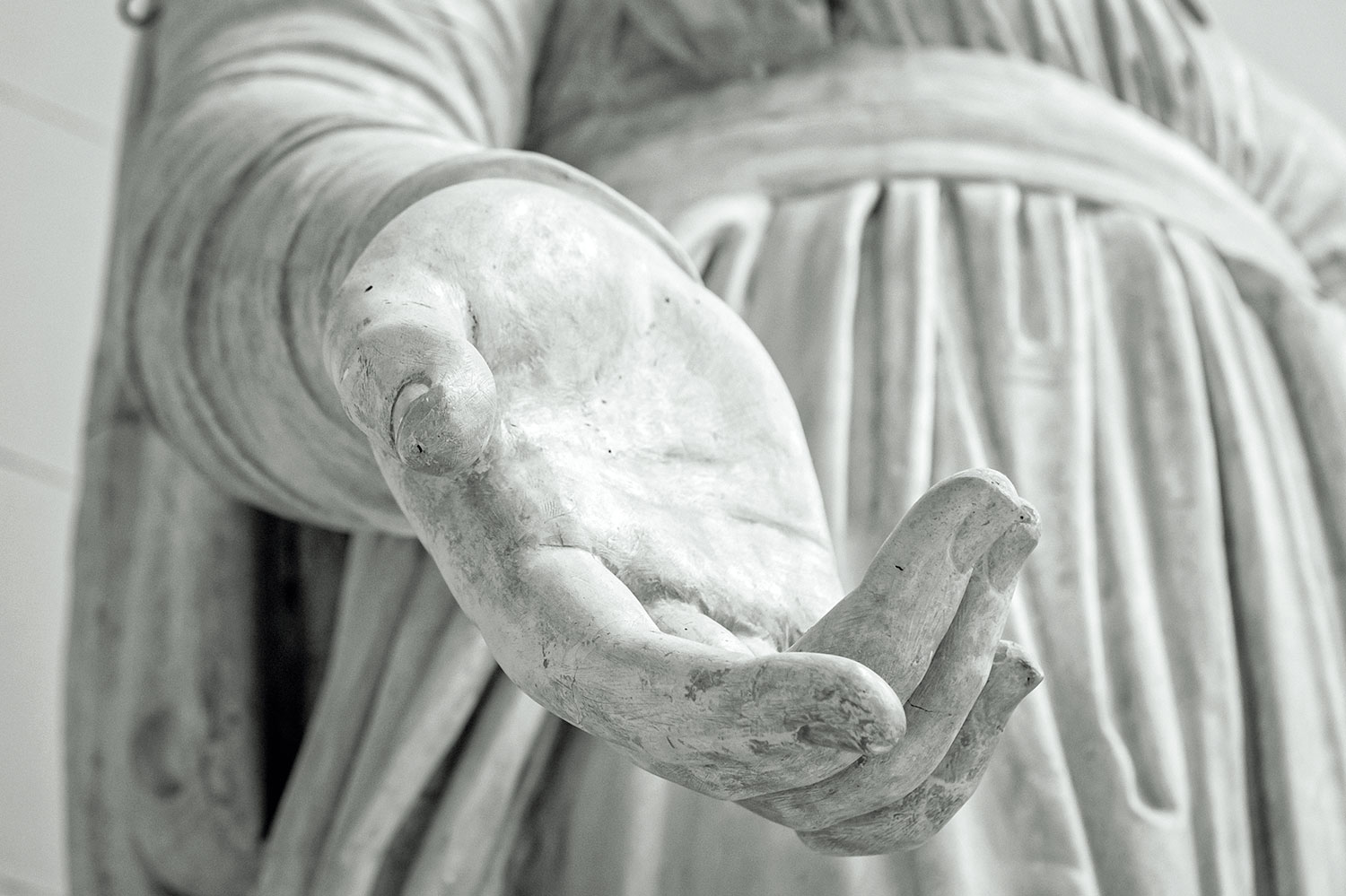
1. Baal is a word which indicates ‘master,’ ‘LORD’
Many peoples around the land of Canaan were polytheists. Among many gods, they believed Baal who was called the god of thunder, rain and wealth.
Ethbaal king of Tyre was the priest of Baal. His daughter Jezebel was married to the king of Israel not only for the political purpose, but also for the religious one. Jezebel was a missionary of Baal religion. When she was married to King Ahab of Israel, she planted Baal religion in Israel and her purpose was attained for a while.
In the thirty-eighth year of Asa king of Judah, Ahab son of Omri became king of Israel, … Ahab … married Jezebel daughter of Ethbaal king of the Sidonians, and began to serve Baal and worship him. He set up an altar for Baal in the temple of Baal that he built in Samaria. Ahab also made an Asherah pole and did more to provoke the LORD, the God of Israel, to anger than did all the kings of Israel before him. 1 Ki 16:29–33
2. Asherah was a goddess the Canaanites worshiped before the Israelites entered Canaan
When God gave Moses the Ten Commandments a second time, He told Moses to be careful of various idolatries in Canaan.
“Be careful not to make a treaty with those who live in the land where you are going, or they will be a snare among you. Break down their altars, smash their sacred stones and cut down their Asherah poles.” Ex 34:12–13
Asherah was the name of a goddess who was originated from polytheism of many oriental nations. She was known as the wife of El the strongest god, and as the mother of 70 gods including Baal.
Poles were used to make idols for Asherah. The Asherah poles were usually set beside the altar of Baal.
“So Gideon took ten of his servants and did as the LORD told him. In the morning when the men of the town got up, there was Baal’s altar, demolished, with the Asherah pole beside it cut down …” Jdg 6:27–28
The idols of Baal and Asherah, which the Israelites worshiped when they did evil in the sight of God, were destroyed by prophets such as Gideon and Elijah and by kings like as Asa, Jehoshaphat, Hezekiah, and Josiah, who did good and righteous deeds in the eyes of God.
The king stood by the pillar and renewed the covenant in the presence of the LORD —to follow the LORD and keep his commands, regulations and decrees with all his heart and all his soul, … all the articles made for Baal and Asherah and all the starry hosts. He burned them outside Jerusalem in the fields of the Kidron Valley and took the ashes to Bethel. … He also tore down the quarters of the male shrine prostitutes, which were in the temple of the LORD and where women did weaving for Asherah. … 2 Ki 23:3–8
When all this had ended, the Israelites who were there went out to the towns of Judah, smashed the sacred stones and cut down the Asherah poles. They destroyed the high places and the altars throughout Judah and Benjamin and in Ephraim and Manasseh. After they had destroyed all of them, the Israelites returned to their own towns and to their own property. 2 Ch 31:1